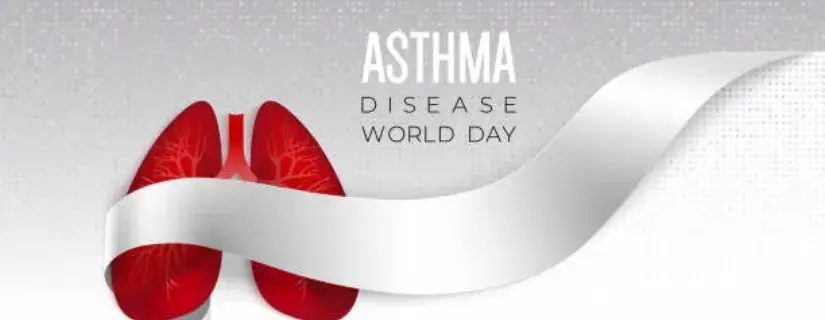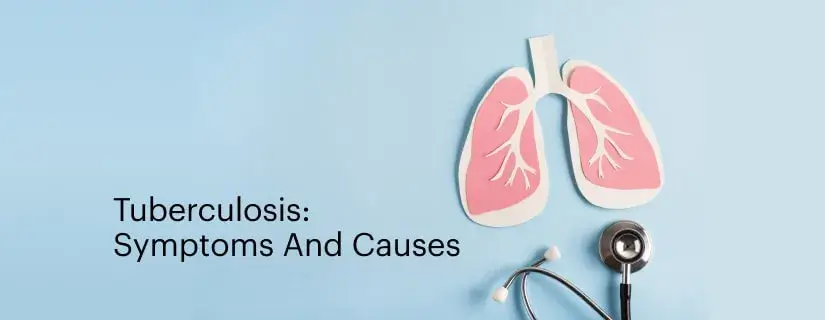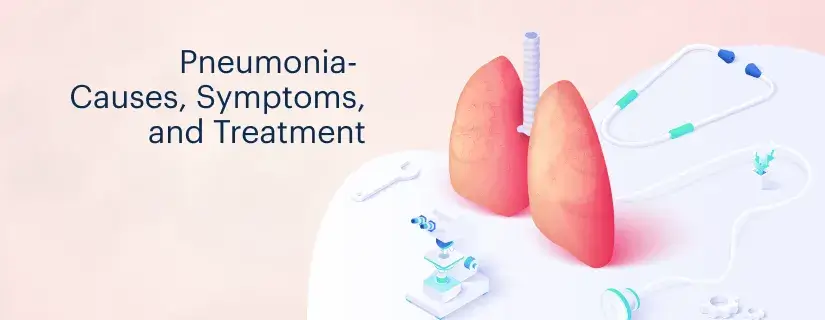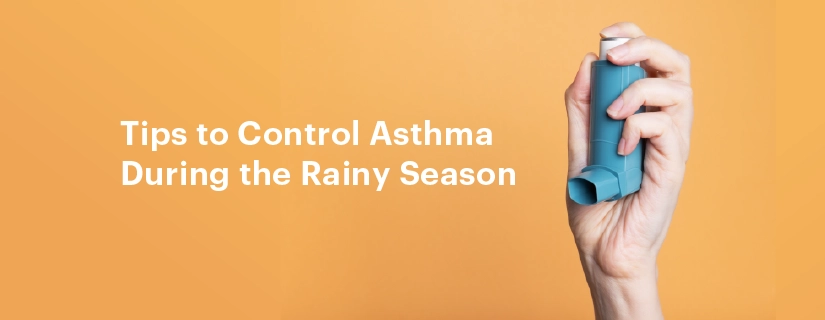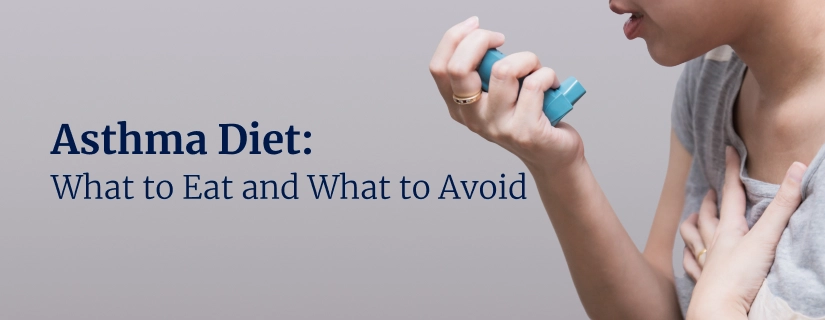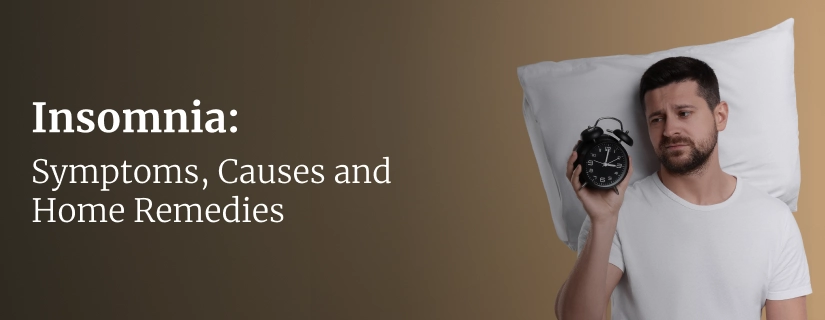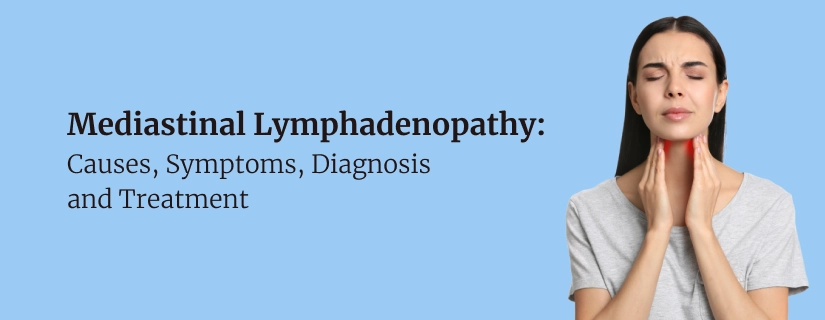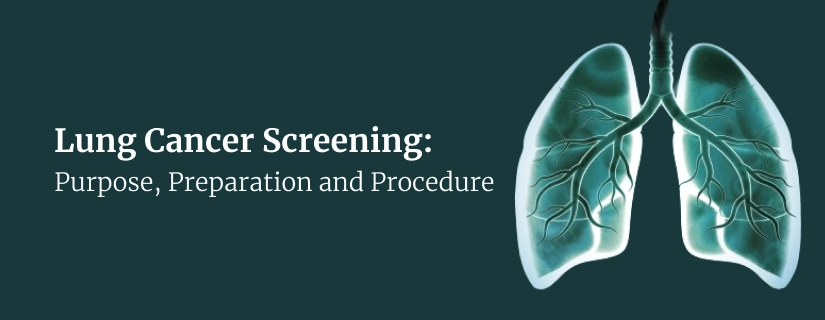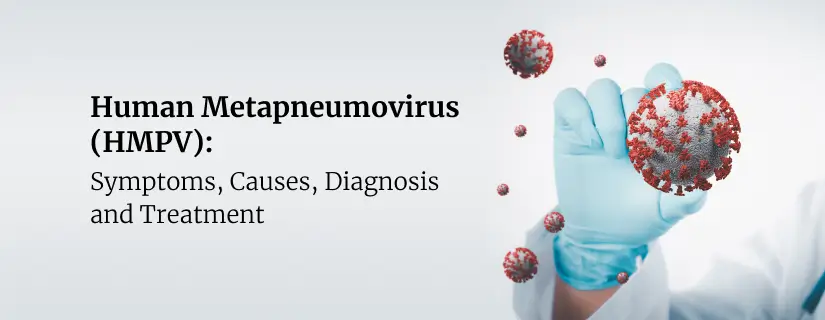-
Doctors
-
Specialities & Treatments
Centre of Excellence
Specialties
Treatments and Procedures
Hospitals & Directions HyderabadCARE Hospitals, Banjara Hills CARE Outpatient Centre, Banjara Hills CARE Hospitals, HITEC City CARE Hospitals, Nampally Gurunanak CARE Hospitals, Musheerabad CARE Hospitals Outpatient Centre, HITEC City CARE Hospitals, Malakpet
HyderabadCARE Hospitals, Banjara Hills CARE Outpatient Centre, Banjara Hills CARE Hospitals, HITEC City CARE Hospitals, Nampally Gurunanak CARE Hospitals, Musheerabad CARE Hospitals Outpatient Centre, HITEC City CARE Hospitals, Malakpet Raipur
Raipur
 Bhubaneswar
Bhubaneswar Visakhapatnam
Visakhapatnam
 Nagpur
Nagpur
 Indore
Indore
 Chh. Sambhajinagar
Chh. SambhajinagarClinics & Medical Centers
Book an AppointmentContact Us
Online Lab Reports
Book an Appointment
Consult Super-Specialist Doctors at CARE Hospitals
Pneumonia: Causes, Symptoms and Risk Factors
Updated on 21 November 2022
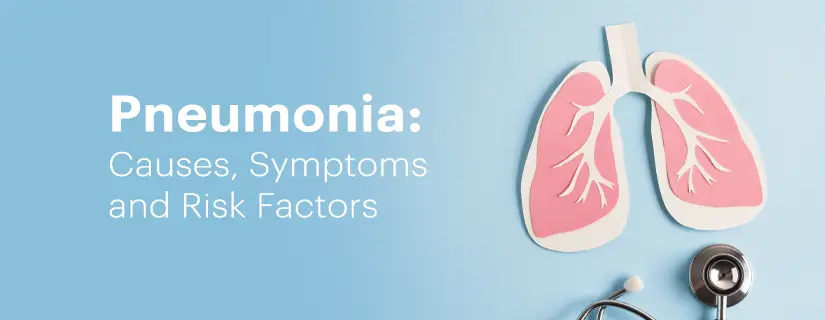
Pneumonia is a kind of lung infection caused by bacteria, viruses, fungi, or parasites. It can be life-threatening if not treated properly. It causes the air sacs of either one or both lungs to become inflamed. The air sacs can be clogged with pus (purulent material) or fluid, resulting in pus or phlegm, difficulty in breathing, chills, and fever. The severity of pneumonia disease can range from mild to even life-threatening. It is especially dangerous for children, people over the age of 65, and those with weak immune systems or health problems.
The symptoms and signs of Pneumonia range from mild to severe. These symptoms entirely depend on the type of germ that's causing the infection, as well as your overall health and age. Mild symptoms and signs are generally similar to a common infection, including a cold or the flu. However, in the case of pneumonia, these symptoms and signs tend to last way longer. Infants and newborns are known not to show any symptoms or signs of infection. However, they may have difficulty eating or breathing, appear tired and restless, have cough and fever, as well as vomit.
What are the types of Pneumonia?
Pneumonia can be categorized into several types based on factors such as the causative agent, where the infection was acquired, and the overall health of the affected individual. Here are some common types of pneumonia:
- Community-Acquired Pneumonia (CAP): This is the most common type and refers to pneumonia that is contracted outside of healthcare settings, such as at home, work, or school.
- Hospital-Acquired Pneumonia (HAP): Also known as nosocomial pneumonia, this type occurs in individuals who have been hospitalized for another illness or procedure. It is often caused by bacteria that are resistant to antibiotics.
- Ventilator-Associated Pneumonia (VAP): This is a subtype of HAP that specifically occurs in individuals who are on mechanical ventilation. The risk increases for those who are ventilated for an extended period.
- Bacterial Pneumonia: Caused by various bacteria, with Streptococcus pneumoniae being the most common. Other bacteria, such as Haemophilus influenzae and Legionella pneumophila, can also cause bacterial pneumonia.
- Viral Pneumonia: Caused by viruses, including influenza virus, respiratory syncytial virus (RSV), and others. Viral pneumonia is more common in children but can affect individuals of all ages.
- Mycoplasma Pneumonia: Caused by the bacterium Mycoplasma pneumoniae. It tends to cause milder symptoms and is often referred to as "walking pneumonia."
- Fungal Pneumonia: Caused by fungi, such as Pneumocystis jirovecii, which is common in individuals with weakened immune systems. Other fungal causes include Histoplasma capsulatum and Cryptococcus neoformans.
- Aspiration Pneumonia: Results from inhaling food, liquids, saliva, or vomited material into the lungs. Aspiration pneumonia can occur when an individual has difficulty swallowing.
- Atypical Pneumonia: Refers to pneumonia caused by atypical pathogens, including Mycoplasma pneumoniae, Chlamydophila pneumoniae, and Legionella pneumophila. Atypical pneumonia often presents with milder symptoms.
- Walking Pneumonia: Typically refers to a mild form of pneumonia, often caused by Mycoplasma pneumoniae. It may result in symptoms that are less severe, allowing the individual to continue daily activities.
Causes of Pneumonia
Pneumonia can develop when your immune system responds to an infection in the small air sacs of your lungs (alveoli), leading to inflammation, swelling, and fluid leakage.
Various bacteria, viruses, and fungi can trigger the infections that result in pneumonia. Among adults, bacteria are the primary culprits, while viruses are more commonly responsible for pneumonia in school-aged children. Common illnesses associated with pneumonia include:
- Common cold (caused by rhinovirus).
- COVID-19 (caused by SARS-COV-2).
- Influenza or the flu (caused by influenza virus).
- Human metapneumovirus (HMPV).
- Human parainfluenza virus (HPIV).
- Legionnaires’ disease.
- Mycoplasma pneumonia bacteria.
- Pneumococcal disease.
- Pneumocystis pneumonia.
- Respiratory syncytial virus (RSV).
Symptoms of Pneumonia
The symptoms of pneumonia can vary depending on the cause, and they may range from mild to severe. Different age groups may exhibit distinct symptoms. Here are the symptoms based on the cause and specific age groups:
- Symptoms of Bacterial Pneumonia:
- Gradual or sudden onset.
- High fever (up to 105 F or 40.55 C).
- Cough with yellow, green, or bloody mucus.
- Fatigue.
- Rapid breathing.
- Shortness of breath.
- Rapid heart rate.
- Sweating or chills.
- Chest pain and/or abdominal pain, especially with coughing or deep breathing.
- Loss of appetite.
- Bluish skin, lips, or nails (cyanosis).
- Confusion or altered mental state.
- Symptoms of Viral Pneumonia:
- Develop over several days.
- Similar symptoms to bacterial pneumonia.
- Additionally, may include a dry cough, headache, muscle pain, extreme tiredness, or weakness.
- Symptoms of Pneumonia in Young Children:
- Fever, chills, general discomfort, sweating/flushed skin.
- Cough.
- Difficulty breathing or rapid breathing (tachypnea).
- Loss of appetite.
- Vomiting.
- Lack of energy.
- Restlessness or fussiness.
- Signs in babies: grunting or noisy breathing, decreased pee, pale skin, limpness, increased crying, difficulty feeding.
- Symptoms of Pneumonia in Adults Over 65:
- Mild or less noticeable symptoms (e.g., cough and shortness of breath).
- Worsening of ongoing health conditions.
- Sudden change in mental state.
- Low appetite.
- Fatigue.
How can I prevent pneumonia?
The most effective way to prevent pneumonia is to receive vaccinations against bacteria and viruses commonly associated with the condition. Additionally, adopting everyday precautions can further minimize the risk of pneumonia.
Vaccines for pneumonia come in two types (shots) and are designed to prevent pneumonia caused by pneumococcal bacteria. Comparable to a flu shot, these vaccines do not offer protection against all pneumonia types; however, if illness does occur, it is less likely to be severe.
Pneumococcal vaccines: Pneumovax23® and Prevnar13® provide protection against pneumonia bacteria. They are recommended for specific age groups or individuals with an elevated risk of pneumonia. Consult your healthcare provider to determine the suitable vaccine for yourself or your loved ones.
- Viral vaccinations: Since certain viruses can lead to pneumonia, getting vaccinated against COVID-19 and the flu can decrease the risk of pneumonia.
- Childhood immunizations: For those with children, inquire with their healthcare provider about other recommended vaccines. Several childhood vaccines are effective in preventing infections caused by bacteria and viruses associated with pneumonia.
Other Preventive Measures
Besides vaccination, adopting healthy habits can contribute to reducing the risk of pneumonia:
- Quit smoking and avoid exposure to secondhand smoke to prevent lung damage and decrease infection susceptibility.
- Maintain proper hand hygiene by washing hands with soap and water before eating, handling food, and after using the restroom. Alcohol-based hand sanitizers can be used when soap is unavailable.
- Steer clear of close contact and item-sharing with individuals who have infectious diseases like the flu, cold, or COVID-19.
- In healthcare settings, inquire about measures to reduce infection risk during a stay.
- Follow a healthy lifestyle, including a nutritious diet, regular exercise, and sufficient rest.
- Seek treatment for existing infections or health conditions that may weaken the immune system, increasing vulnerability to pneumonia.
- Limit alcohol consumption to avoid potential negative effects on immune function.
When To Visit A Doctor?
You need to consult your doctor if you notice the pneumonia symptoms, which include having trouble breathing, having a persistent cough (especially if you're coughing up pus), a persistent high fever (of 102°F or 39°C), or chest pain. Individuals within these high-risk segments need to visit a doctor as soon as possible:
- Individuals over the age of 65.
- Children under the age of 2 with symptoms and signs.
- Patients who are undergoing chemotherapy or taking immunosuppressive medications.
- People who have a pre-existing medical condition or a weak immune system.
Pneumonia can easily become a life-threatening condition for certain individuals with chronic lung problems or heart failure.
Risk Factors
Anyone can get pneumonia. However, the age groups that are most at risk include:
- Children under the age of two years.
- Adults over the age of 65.
Some other risk factors include:
- Smoking: Smoking increases the risk of developing pneumonia. It tends to damage the natural defences of the body against viruses and bacteria that cause pneumonia.
- Asthma: People with asthma are more likely to develop pneumonia than people without asthma.
- Immunosuppression: People who have weakened immune systems are more prone to developing pneumonia. These include people with HIV/AIDS, those who are undergoing or went through chemotherapy, those who have had an organ transplant, as well as those who receive long-term steroids.
- Diabetes: Diabetic people are more likely to develop pneumonia than people without diabetes.
- Hospitalisation: If you're on a ventilator (a machine that assists in breathing) in the ICU (Intensive Care Unit) that you are at a high risk of developing pneumonia.
Final Words
Most people tend to recover from pneumonia with proper treatment. However, it can lead to certain complications, especially for those at high-risk. These complications can include bacteria spreading to the blood and other organs, a lung abscess, fluid build-up around the lungs, and severe breathing difficulties. Pneumonia can even be fatal in certain cases. Hence, it is crucial to seek medical attention from the best pulmonology hospital in Raipur if you suspect that you may have pneumonia.

ENQUIRY FORM
SELECT CATEGORIES
-
Neurosciences (16)
-
Neurology (38)
-
Neurosurgery (14)
-
Orthopaedics (48)
-
Oncology (33)
-
Obstetrics and gynecology (52)
-
Pulmonology (23)
-
Urology (20)
-
Nephrology (13)
-
Psychiatry (7)
-
Dietetics and Nutrition (111)
-
General Medicine (63)
-
Cardiac Sciences (32)
-
Vascular & Endovascular Surgery and Interventional Radiology (15)
-
Gastroenterology (46)
-
Endocrinology (23)
-
Plastic Surgery (10)
-
Critical Care Medicine (5)
-
COVID-19 (16)
-
Dermatology (16)
-
Emergency Care (1)
-
Ophthalmology (4)
-
Pediatrics (14)
-
Laparoscopic and Bariatric Surgery (8)
-
ENT (15)
-
Kidney Transplant (1)
-
Liver Transplantation and Hepatobiliary Surgery (5)
-
General Surgery (3)
-
Internal Medicine (5)
-
Medicine Information
Interventional Bronchoscopy Treatment of Lung Cancer
COPD: Causes, Symptoms, Diagnosis, Treatment and Prevention
YOU MAY ALSO LIKE
RECENT BLOGS
-

Rotablation Angioplasty: Benefits, Treatments, And Recovery Time
6 February 2026
Read More
-

What Is The Difference Between IUI and IVF?
6 February 2026
Read More
-
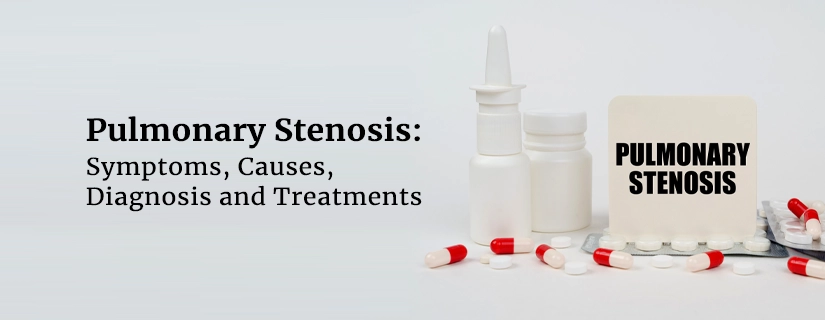
Pulmonary Stenosis: Symptoms, Causes, Diagnosis and Treatments
6 February 2026
Read More
-

Difference between Angioplasty and Angiography
6 February 2026
Read More
-
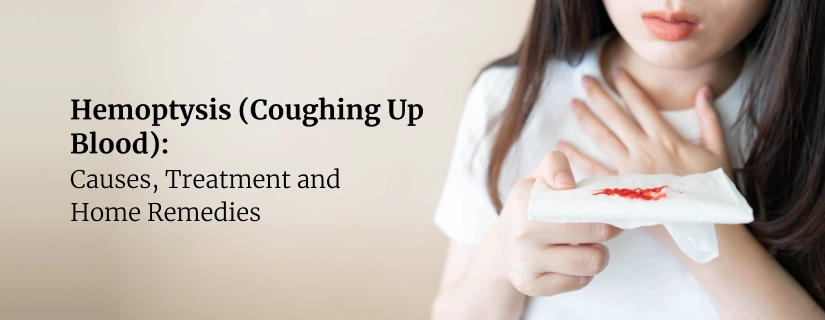
Hemoptysis (Coughing Up Blood): Causes, Treatment and Home Remedies
2 February 2026
Read More
-
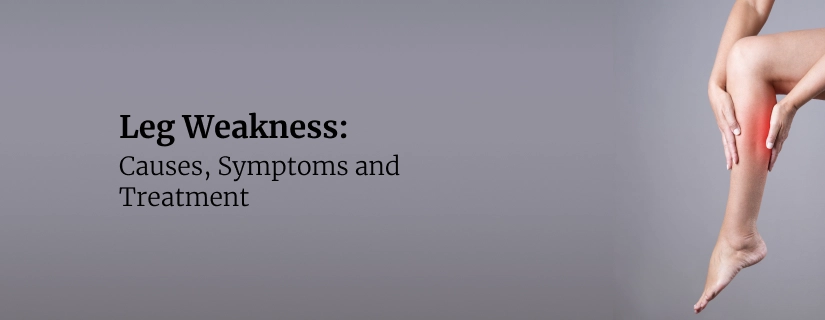
Leg Weakness: Causes, Symptoms and Treatment
9 January 2026
Read More
-

Back Pain After C-Section: Causes and Home Remedies
9 January 2026
Read More
-

Belly Button Pain (Periumbilical Pain): Causes, Treatment and When to See a Doctor
9 January 2026
Read More
Have a Question?
If you cannot find answers to your queries, please fill out the enquiry form or call the number below. We will contact you shortly.




